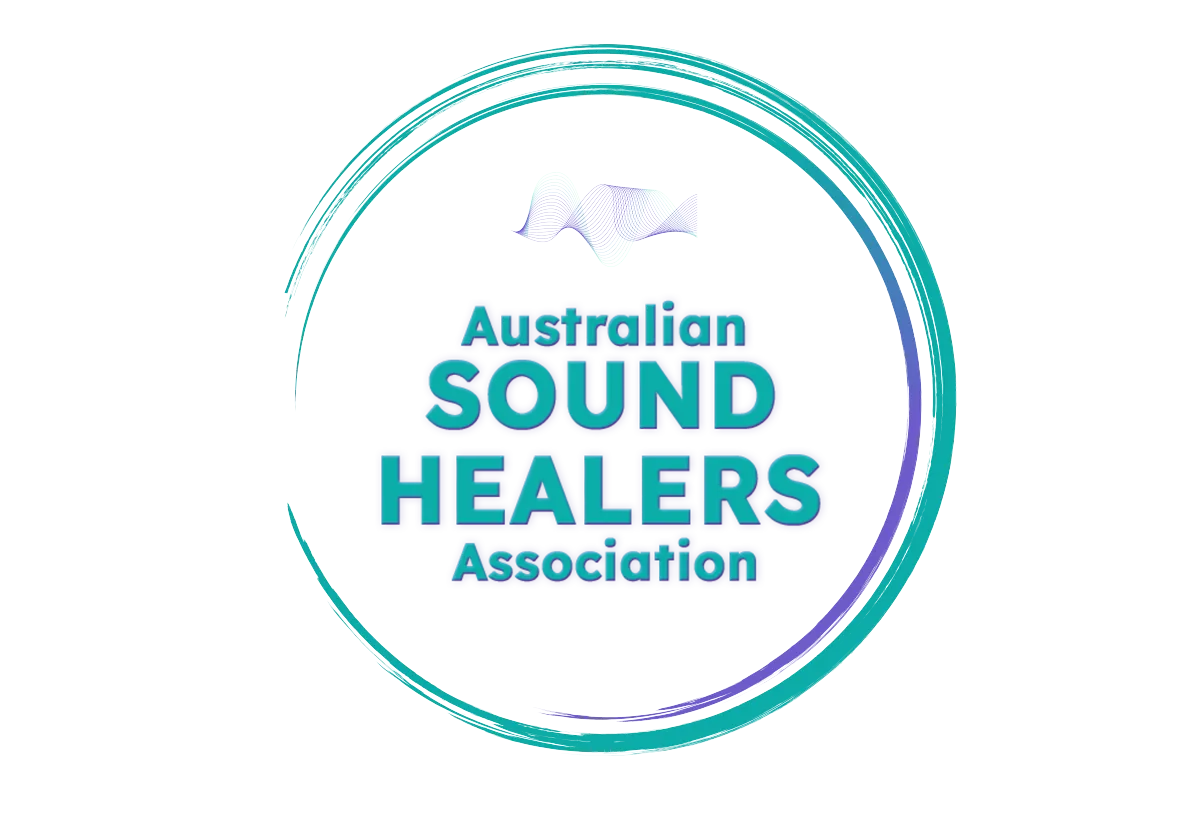
7 benefits of sound healing therapy and how to get started
The Benefits of Sound Healing Therapy: A Holistic Approach to Well-Being
Sound healing therapy is an increasingly recognised alternative treatment that uses frequency and vibration to promote healing across the physical, mental, and emotional bodies. Rooted in ancient traditions and supported by growing modern interest, sound healing offers a non-invasive and deeply restorative approach to wellness.
Let’s explore how this therapy works and the ways it can support well-being in everyday life.
What Is Sound Healing Therapy?
Sound healing involves using specific frequencies, tones, and vibrations to bring the body and mind back into a state of balance. Practitioners may use instruments such as:
Crystal and Tibetan singing bowls
Tuning forks
Gongs and chimes
The human voice and mantras
Sound impacts brainwaves, nervous system regulation, emotional processing, and even physical structures. When applied with intention and awareness, it becomes a powerful medium for transformation and healing.
Benefits of Sound Healing Therapy
Sound healing can reduce stress by calming the nervous system and encouraging a parasympathetic state—often described as “rest and restore.” Many people experience a deep sense of relaxation or emotional release during sessions.
This therapy also supports more restful sleep. Calming vibrations help quiet the mind, reduce muscle tension, and ease anxiety, making it easier to fall and stay asleep.
On a mental health level, sound healing is known to bring a sense of clarity, peace, and emotional regulation. Clients navigating trauma, depression, or anxiety often find comfort and grounding in the vibrational field.
Physical benefits may include reduced pain and inflammation, better circulation, and muscle relaxation. Tools like tuning forks can be applied directly to the body to support tissue healing and energetic flow.
Sound also supports mental focus and presence. By calming the mind, it becomes easier to concentrate, let go of distractions, and connect with the moment.
Many people experience a shift toward a more positive emotional state, with sound encouraging a deeper connection to gratitude, joy, or spiritual awareness. Whether you're seeking calm, insight, or alignment, sound provides a gentle, accessible entry point.
Getting Started with Sound Healing
Finding a qualified, trauma-informed sound therapist is key to experiencing the full benefit of this practice. Individual sessions, group sound baths, or online resources are all accessible ways to begin exploring.
If you're drawn to not only experience but share the healing power of sound, training to become a certified practitioner is a powerful next step.
Become a Certified Sound Healer with ASHA
If you feel called to offer sound therapy in a professional and ethical way, the ASHA Sound Therapy Practitioner Training is here to support your journey.
This 12-month, trauma-informed certification includes:
Training in sound science, instruments, and energetic systems
Guidance in client safety, ethics, and trauma-aware care
Live Zooms, assessments, and practitioner networking
A professional pathway to insurance and public practice
Join Australia's peak body for sound healing professionals and begin transforming lives—starting with your own.
Enrol today and begin your path to becoming a certified sound healer.


